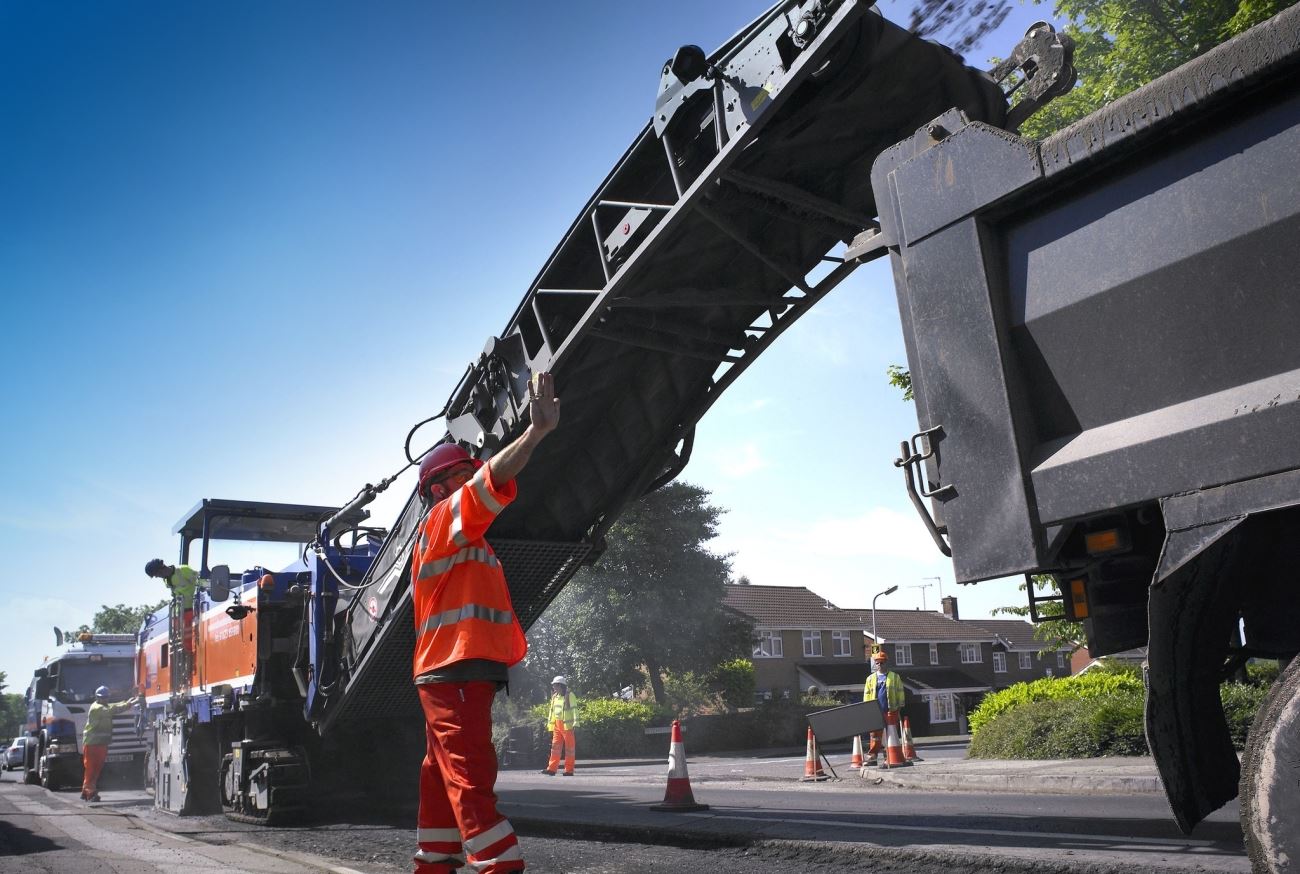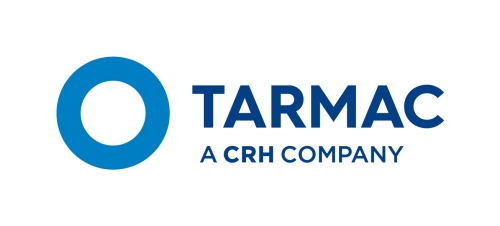
RESOURCE EFFICIENCY
Record breaking use of RAP
In the South, recycled asphalt is becoming more and more important to us, with a record-breaking 12,000 tonnes used in the week leading up to Easter 2016 alone. This represents a major contribution to the circular economy, by moving away from the traditional ‘take, make, dispose’ way of working, to one that keeps resources in valuable use for as long as possible.
The material produced when recycling asphalt is known as Recycled Asphalt Planings (RAP). The process starts when old road surfaces are removed and replaced with fresh asphalt. The old asphalt is returned to an operational site where it is processed to allow it to be reused. RAP is subject to quality controls and only reused under strict technical control standards.
For us, asphalt recycling is important for both environmental and financial reasons. Firstly, recycling this material is a good way of reducing the carbon footprint of repairing roads. Secondly, recycling allows us to reduce our reliance on the limited resources of aggregates in the South East. Thirdly, by recycling asphalt we can reduce the volume of bitumen, the raw material in asphalt, which remains subject to price variations and can account for around a third of the total cost of constructing a new road.
Andy Bate, Regional Operations Director, Aggregates and Asphalt, South Region said: “Our performance using RAP during 2016 was exceptional. This can be attributed to the collaborative working of the operational and technical teams, along with significant investments in new RAP systems, covered storage, and additive systems.
“Our 2017 target is further growth of RAP addition into asphalt, by focusing on controlled addition into surface course applications and further investment to our production processes. Delivery of our targets is reliant upon people and team engagement, innovative thinking and a commitment to drive the results and practices at our asphalt units.
“The RAP enabled asphalt plants have already outperformed 2015 year to date by an additional 10,000 tonnes. The week leading up to Easter saw a record breaking 12,000 tonnes of RAP used. This is at least two thousand tonnes of RAP used more than any other week ever! A big well done is deserved to all involved in achieving this huge success.”
Kevin Short, Industrial Footprint Manager, said: “The phenomenal RAP usage performance in March is the result of the operational and technical teams’ fantastic focus and effort to drive RAP usage’
